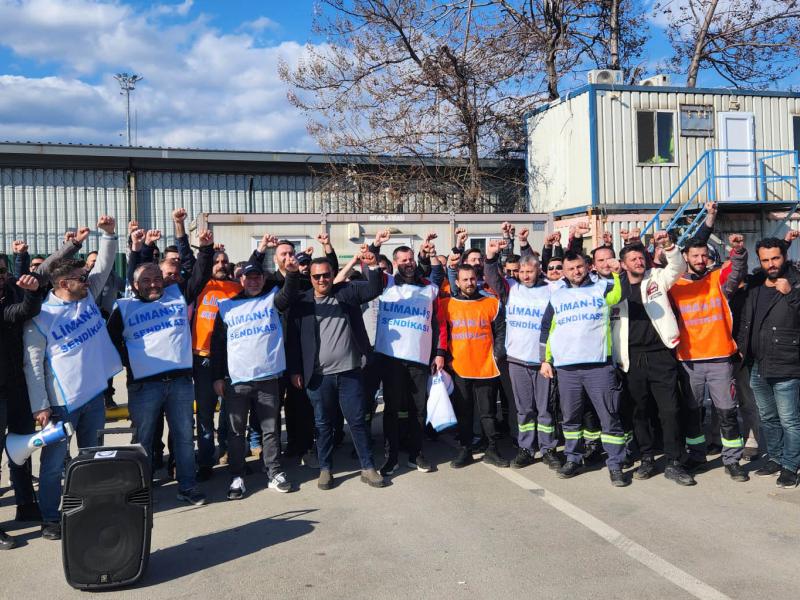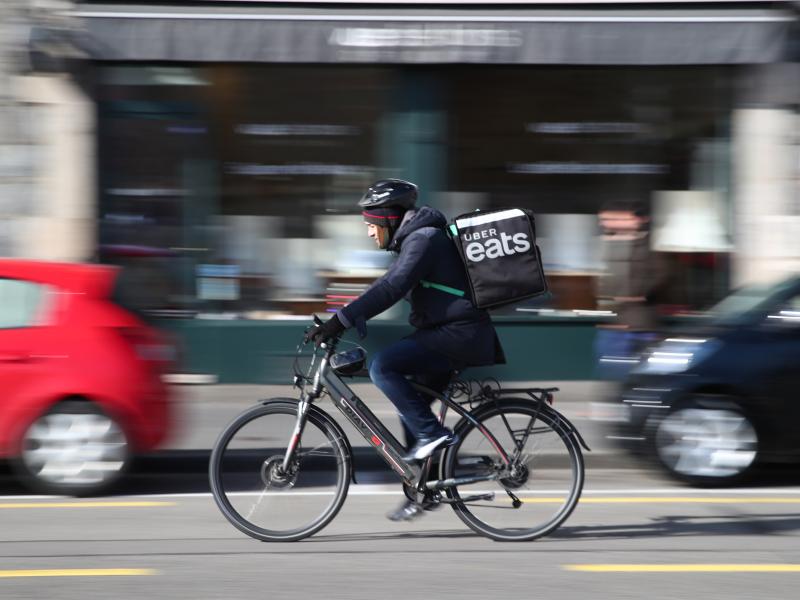UK supermarkets are being advised to steer clear of voluntary standards, tools and certifications when it comes to clearing their seafood supply chains of labour exploitation and modern slavery.
ITF fishers’ rights expert Chris Williams told seafood retail and distribution leaders gathered in Manchester today that while increasingly popular, voluntary mechanisms could not be relied upon when conducting human rights due diligence and modern slavery checks.
“The labour and human rights abuses exposed in the fisheries sector in recent years quite rightly led to calls for action, but the proliferation of voluntary tools built on unenforceable labour standards has brought us no closer to ridding the industry of systemic exploitation. They may have made things worse,” he said.
“Each one of these tools claims to give retailers and their customers at home reliable assurances that their dinner was caught free from forced labour and labour exploitation. The reality is that without workers’ voices, missing as they are from these tools’ development and in their implementation frameworks, then there is little prospect voluntary certifications are worth the paper they’re written on.”
Speaking to the Seafood Ethics Action Alliance’s annual general meeting, the expert urged Alliance members to reject voluntary, meaningless certifications, such as the FISH Standard, which an independent watchdog assessed as likely to “fail to achieve its stated objective” when the seafood processing industry launched the standard two years ago.
SEA Alliance members include the eight largest UK supermarkets and major seafood businesses and brands, together accounting for over 90% of UK grocery retail sales.
“Shoppers should be suspicious of any standard developed without a meaningful voice for workers, which are so often lacking in adequate auditing and enforcement mechanisms. A cynic would say that some of these are set up to be ineffective,” said Williams.“Consumers want their food to be free of exploitation, abuse and mistreatment of crew. They don’t want to see ‘fairwashing’ on human rights and labour standards."
"That's why they need certifications to be meaningful," said Chris Williams. "If a label says a product is free of those things, then a retailer has a responsibility to ensure that ‘it does what it says on the tin’. The only reliable, enforceable method is through legally binding workplace agreements for crew, enforced by accountability between retailers and their suppliers, and backed up by strong regulation.”
Williams said voluntary standards were no substitute for public regulation, nor do they eliminate the need to protect rights holders from corporate abuses. He called for more governments to adopt the ILO’s Work in Fishing Convention (C188). Despite its importance to fishers’ safety, conditions and pay, the convention has been ratified just 20 times since it came into force in 2017.
‘Fairwashing’ benefits brands, but not fishers
Far from fulfilling their specific goal of providing accurate assessments of labour outcomes and risks, or even a more general goal of improving in the working and living conditions of crew; Williams says voluntary tools and standards were making the problems of fishers worse.
Williams pointed to the findings from research recently published in Marine Policy he authored alongside Dr Jess Sparks, Research Assistant Professor at the Friedman School of Nutrition Science and Policy, Tufts University. In the peer reviewed paper, Williams and Dr Sparks make the case that voluntary tools give the illusion of oversight of labour outcomes but in practice undermined existing and potential regulation protecting fishers.
“The shift from binding, international conventions and their standards into non-binding commitments undertaken purely in the private sphere without the engagement or leadership of workers creates an absence of legally enforceable consequences – increasing the likelihood of abuses to take place,” said Sparks, who led the research.
“'Voluntarisation' denies workers the right to meaningful remedy and recourse, while rewarding unfounded and false narratives that conditions have improved with increased market access for those who can pay,” Sparks said.
With the evidence clear on the dangers to fishers and to corporate reputations, Chris Williams encouraged SEA Alliances’ business leaders to engage with union groups such as the ITF to establish robust, independent worker-centric arrangements across their supply chains in support of labour participation, monitoring, and remediation.
Notes:
In December 2022, fishers' unions adopted a new shared global position regarding seafood supply chain voluntary certifications and standards at their five yearly ITF Fisheries Section Conference in Amsterdam. Read the statement in full here. Cover image credit: YeeLoon L.


